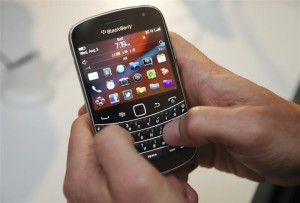How do you know if you’re in a buyer’s market, or a seller’s?
Offline it’s pretty easy to know. There’s price pressure, abundance and not too many people vying for the same house, commodity or mint condition Pee-Wee Herman doll at the yard sale. In the land of the real, markets aren’t terribly efficient. Before the Internet changed everything, retailers were bound by geography and the ability (and willingness) of people to range. That’s why gas costs a lot more right off the highway exit than it does less than a mile down, where strangers would rather not venture. (Now, of course, there’s an app for that.)
Online, it’s easier to know where the consumer stands. In fact, online, it’s always a buyer’s market. There are, of course, always fixed costs that help determine an item’s price – a book publisher’s monopoly or the cost of jet fuel, say. But a buyer’s power to compare prices from a comfy chair has made it difficult for online sellers to gouge – to insist on a higher price than the market bears – because the market is transparent, fluid and infinite in all directions. Services like Kayak create an almost perfect buyer’s market for air travel, which was already one of the world’s most competitive businesses. Amazon’s ability to offer nearly everything at buyer’s market prices has created a retailing behemoth that doesn’t even need an Apple-like seller’s market to thrive.
And then there’s eBay, an Amazon contemporary with an identity that’s been in crisis for years.
At a press conference this week, eBay – when it wasn’t gushing over the potential of a growing mobile market (the company expects $10 billion in mobile sales annually) – was hyping a site redesign and an enhanced focus on personalization and recommendation. What was once an auction site is now a retail site.
EBay’s latest maneuver is a fresh attempt to shake off its proud roots as a destination where every person could buy and sell quirky collectibles and used clothing. It’s morphing into a more mainstream retailer whose suppliers don’t primarily consist of one-timers emptying their garages and bottom-fishers tolling virtual yard sales.
















